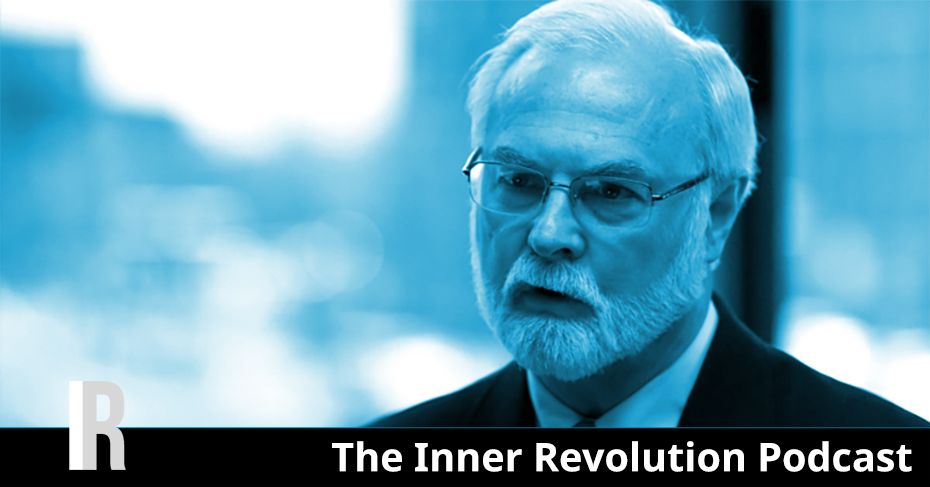[smart_track_player url=”http://api.spreaker.com/download/episode/9034656/don_whitney_family_worship.mp3″ title=”Ep 41: Don Whitney on Family Worship” image=”http://d1bm3dmew779uf.cloudfront.net/large/ddaf92e85ec943b95ffe11843c2b638a.jpg” social=”true” social_twitter=”true” social_facebook=”true” ]
Timestamps
- 03:20 What does a Christian home look like when family worship is taking place?
- 12:15 What do you do with pre-school age children?
- 15:10 Why is family worship directed to husbands and fathers for leadership?
- 16:45 What would you say to the guy who wants to do this but feels like he’s way behind and its too late to start?
- 20:34 Can you tell us about the urgent need for family worship?
Review of “Family Worship” by Pastor Andy Lynch
Family Worship, two words which very likely send shivers down your spine. If you are like me your thoughts probably go immediately to preparing a Sunday School type lesson with your family as the intended audience. What’s more the thought of doing so for each day of the week brings feelings of overwhelming inadequacy, for from where will time be carved out to accomplish such a feat? Well fear no more, as Professor and author Donald Whitney must have had folks like us in mind when he penned his newest work aptly titled Family Worship.
In case you are unfamiliar with Whitney you should know he is the current Professor of Biblical Spirituality at the flagship seminary of the Southern Baptist Convention – Southern Baptist Theological Seminary – in Louisville, Kentucky. In addition to authoring several books on biblical spirituality, Whitney maintains a personal website at www.biblicalspirituality.org which offers not only blog articles on the subject but also a variety other helpful resources. As family worship is an activity one might rightly recognize as a spiritual discipline it should be no surprise someone with Whitney’s background and current ministry would undertake to write upon the same.
The book itself is less than intimidating coming in at a mere eighty pages including endnotes, Scripture index, and short author’s bio. However, this little book is packed full of useful arguments, examples, how to instructions, answers to objections, and encouragement. As a matter of fact each of these topics is covered in its own chapter all which support the goal of teaching Christians how they might grow in this particular area of worshiping God in the context of the family home.
The first of the chapters addresses the biblical support that family worship is an implicit principle of life for those who would be counted among the people of God. Whitney takes into account both Old and New Testament passages in order to draw this principle from the pages of Scripture and not the wrinkles of the human mind. He leaves the reader with the understanding God has always intended for His people to worship Him in daily life which rightly includes family worship.
Whitney backs up his conclusions by taking the reader on a journey through history visiting men from the 2nd thru 21st centuries to demonstrate how this principle has been implemented specifically within the church. Even as evangelicals rightly understand history to not be an authority it does serve as an example and such is the case in Chapter 2. The examples provided prove that family worship is not only a biblical principle but also a principle put into practice throughout the life of Christ’s Church and is no invention of the twenty-first century.
In Chapter 3, Whitney turns his and our attention from principle to practice. Or in other words from what to how. The chapter’s title is the answer to how in three words; Read, Pray, Sing. That’s right folks! All you need to do in order to implement or conduct family worship is Read (the Bible to/with your family), Pray (with and for your family), and Sing (Psalms, hymns, and spiritual songs come to mind). If the question coming to your mind is, “Why these three things?” then you are not alone. However, Whitney provides an excellent response with, “only three things … are equally appropriate in family worship or in private worship as in congregational worship. Those activities are reading the Bible, praying, and singing.” (46-47).
Whitney demonstrates his grasp of the subject of family worship by providing answers to frequently heard objections and questions in Chapter 4. As a matter of fact, you may want to start with this chapter when taking up the book the first time. Then after your objections have been answered turn to the beginning in order to be discipled in this area of Christian life. Furthermore, this may be an excellent way to disciple others in this practice using the book as an aid.
Chapter 5 serves as the book’s conclusion and an encouragement to the reader to act upon what has been learned not in order to be made right before God but because the Lord has made one right thru His Son – Christ Jesus.
When I first obtained this book I wasn’t very sure I would like it, and I was right for I have fallen in love with it in a very short time. Because of this you cannot trust me to give an unbiased recommendation as to whether you should read it or not. Therefore, I encourage you to get a copy for yourself to see of my high view is deserved. Until then take an opportunity to sit down with your family to Read, Pray, and Sing.


